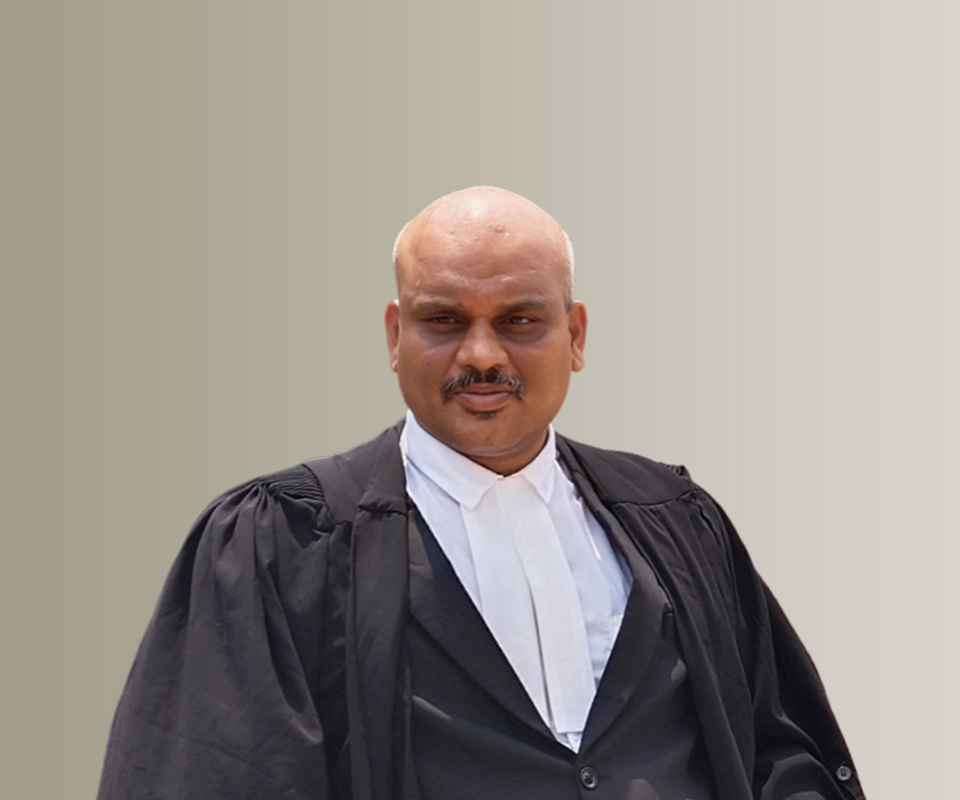Answer By law4u team
In the music industry, copyright law plays a crucial role in protecting the intellectual property rights of musicians, songwriters, performers, producers, and other stakeholders. Copyright ensures that creators are compensated for the use of their music and are able to control how their work is used. Understanding how music copyright works, including the licensing processes and royalty distribution, is vital for anyone involved in the creation or distribution of music.
How Copyright Works in the Music Industry:
What Can Be Copyrighted in Music:
In music, two primary elements are protected under copyright law:
- Musical Composition: This includes the melody, harmony, lyrics (if any), and musical arrangement.
- Sound Recording: This refers to the fixed version of the song, which may include the performance of the music, the recording process, and the producer’s input.
The composer, songwriter, or music producer typically holds the copyright for the musical composition, while the record label or performing artist often holds the copyright for the sound recording.
Music Publishing and Rights Ownership:
Music publishers manage the musical composition copyright, ensuring songwriters are paid for the use of their compositions in various settings (e.g., film, radio, streaming platforms).
Record labels generally own the sound recording copyright, ensuring payment for the use of the recorded music.
A songwriter may work with a publisher or sign a deal with a label, which usually results in splitting ownership and royalties, depending on the contract.
Licensing of Music:
Music copyright holders (whether composers, publishers, or record labels) can license their works to others for use. This includes:
- Mechanical licenses: For reproducing music on CDs, vinyl, or digital downloads.
- Synchronization licenses: For using music in films, TV shows, or commercials.
- Public performance licenses: For playing music in public spaces such as clubs, bars, or concert halls.
Performance Rights Organizations (PROs), like ASCAP, BMI, and PRS for Music, help license music and collect royalties on behalf of artists, songwriters, and publishers for the public performance of their music.
Royalties in the Music Industry:
Royalties are payments made to copyright holders for the use of their music. These include:
- Performance royalties: Collected when a song is played in public, on the radio, or streamed online.
- Mechanical royalties: Collected when a song is reproduced, such as when a CD or download is sold.
- Sync royalties: Collected when music is licensed for use in movies, TV shows, advertisements, etc.
PROs collect performance royalties, while other entities like the Harry Fox Agency handle mechanical royalties. When a song is used in media, it triggers a royalty payment to the rights holder.
Copyright Infringement and Enforcement:
Copyright infringement occurs when someone uses a copyrighted song without permission. This can happen through unauthorized sampling, illegal downloads, or playing a song in public without obtaining the proper license.
In the case of infringement, the copyright holder can take legal action and seek remedies such as statutory damages, actual damages, or an injunction to stop further unauthorized use.
Music industry professionals may also turn to digital rights management (DRM) tools and platforms like Content ID on YouTube to track and manage how their music is used online.
Duration of Copyright in Music:
In most countries, the duration of music copyright protection is life of the author plus 70 years for the musical composition (if the author is an individual). For sound recordings, the term is typically 95 years from the date of first publication (in the U.S.).
After the copyright term expires, the work enters the public domain, and anyone can use the music freely.
Royalty Distribution:
Royalty distribution is managed through various channels, including record labels, publishers, and PROs. The distribution of royalties can be complex due to the number of parties involved, such as the songwriter, performer, producer, and publisher.
It’s important for creators to understand their contractual agreements to know how their royalties will be split.
Example:
If a songwriter creates a song and sells it to a music publisher, the publisher will handle licensing the song for public performance, mechanical reproduction (like streaming or downloads), and synchronization in films or commercials. If the song is played on the radio, the PRO (e.g., BMI) will collect performance royalties on behalf of the songwriter and publisher. The record label that owns the sound recording rights will collect mechanical royalties when the song is sold as a CD or downloaded from a digital store.
Conclusion:
Copyright is essential in the music industry to protect the intellectual property of creators, performers, and producers. It ensures that music creators are compensated for their work and have control over how it is used. The processes of licensing, royalty collection, and enforcement help maintain the balance between creators and those who use their works. Understanding how music copyright works is crucial for anyone involved in the industry, whether they are songwriters, performers, producers, or music fans.







